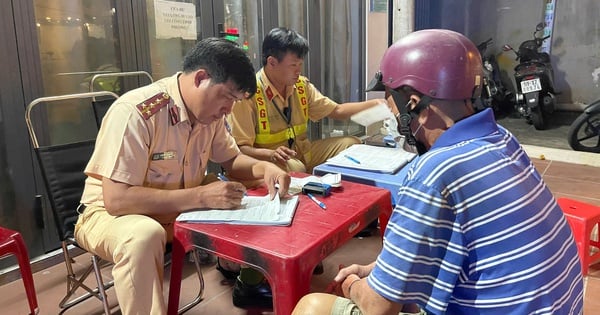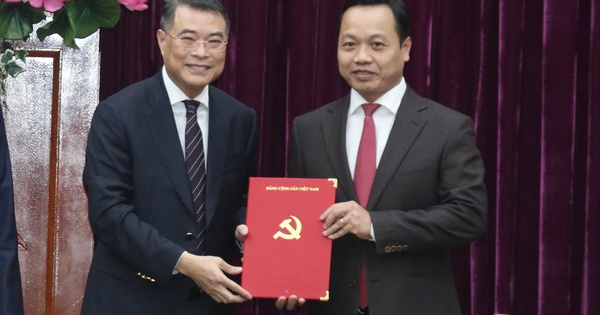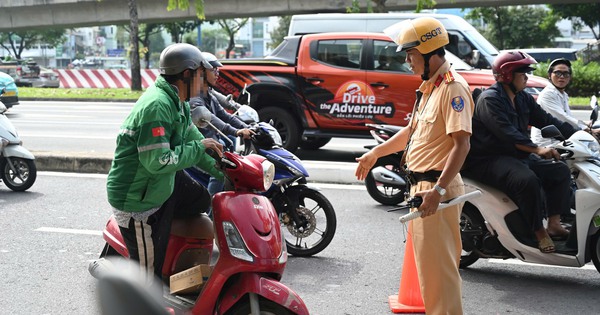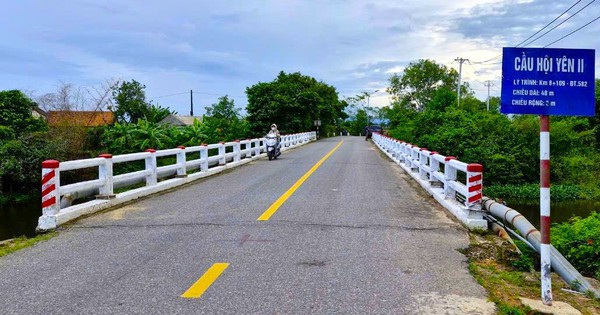The Deputy Director of the Department of Administrative Criminal Law, Ministry of Justice said that whether or not to absolutely ban alcohol concentration must be based on scientific properties, practicality and people's traffic awareness.
At the regular press conference of the Ministry of Justice on the afternoon of April 12, when asked about whether alcohol concentration should be completely banned when driving, Ms. Le Thi Van Anh (Deputy Director of the Department of Administrative Criminal Law) said that there are two different opinions on this matter.
The 2019 Law on Prevention of Alcohol Harm clearly stipulates prohibited acts, including the prohibition of driving while having alcohol in the blood or breath.


According to the Deputy Director of the Department of Administrative Criminal Law, the Ministry of Justice is the agency participating in the appraisal and giving opinions on the draft Law on Road Traffic Order and Safety.
The Ministry of Justice has also requested the Ministry of Public Security to coordinate with the Ministry of Health to conduct scientific research, ensuring that it is consistent with reality, consistent with people's awareness of traffic participation, ensuring harmony between people's interests and effectiveness in state management, and consistency of the entire legal system.
This is to ensure that regulations are in place.
Previously, on the morning of March 27, delegates discussed the draft Law on Road Traffic Order and Safety. The story of the absolute ban on alcohol concentration when driving continued to receive many delegates' attention and opinions.
Delegate Pham Van Hoa (Dong Thap delegation) is a supporter of the proposal to have a minimum alcohol concentration threshold when driving. He said: Currently, there are twice as many rural workers as in urban areas. In urban areas, there are people who drive (take taxis, have private drivers), but ordinary workers such as in the Northeast, Northwest, and Mekong Delta do not have drivers. If the regulation is 100% alcohol-free, it is not feasible.
"If I drink a glass of beer or a glass of wine, I don't know about others, but my mind is still normal and I can still drive well. Drinking a glass of beer while not being alert enough to drive is not appropriate," said a delegate from Dong Thap province.
Considering that Vietnamese people have a long-standing tradition of drinking a little alcohol or beer at parties and weddings, delegate Hoa expressed his full support for "if you drink alcohol or beer, don't drive" but "if you drink the day before and still have alcohol levels this morning, if you are fined by the traffic police, it would be unreasonable". Mr. Hoa suggested that the National Assembly consider this issue, and that health agencies should also coordinate to consider this issue.
Meanwhile, delegate Ly Thi Lan (Ha Giang delegation) expressed support for the plan to absolutely ban alcohol concentration when driving. Ms. Lan cited that during Tet, in rural areas, when going from one village to another, or visiting to wish a happy new year, people can hardly avoid drinking a glass of wine or a glass of beer.
The female delegate requested that authorities avoid abusing the provisions of the law to impose fines and inspect, causing people to be displeased with the authorities.
Ms. Lan cited the recent social media posts of images of authorities going into rural areas during Tet, where it is very difficult to check alcohol levels and fine people.
"This is offensive, so we need to consider punishment, inspection and be more flexible, suitable to cultural features," delegate Lan suggested.
Source






































Comment (0)